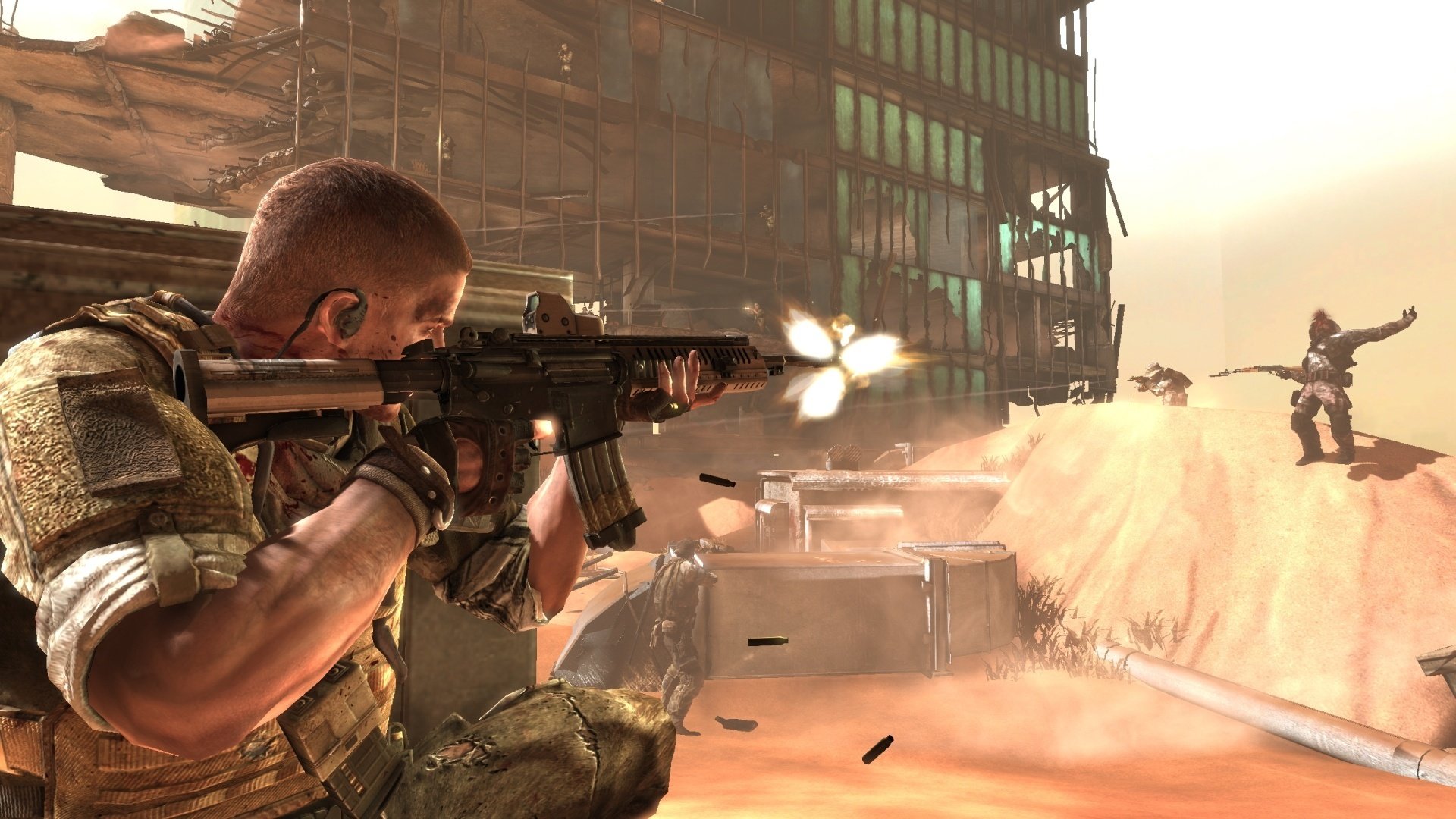


I really want to hang out with this guy more. Williams: The thing is, having met Brendan, I think his writing is fantastic. I don’t know what to do with this.” That’s the same experience. And Ruskin was like, “Come on, I love your work, talk to me!” And Turner was like, “No. Joseph Turner, the painter… John Ruskin wrote all this stuff about Turner, saying, “Oh, you’ve created this new movement, here are the rules of the movement that you created,” and Turner was like, “I wasn’t trying to create anything.” Whenever Ruskin would approach Turner in a room, Turner would leave. Yohalem: It’s interesting that you bring this up, because it’s not a new problem. Once the work is out there, as the author, am I supposed to say anything else that is directly involved in the discussion, or am I simply supposed to let it be out there and have people debate and discuss it? And I genuinely still don’t know the answer to that. I was like, “Should I jump in? Should I let them know that this guy’s right? Or should I ?” Because ultimately critical discussion is discussion. You’re literally finding things that are not there and just writing a book about it.”īut the thing is, they actually are there. There were some things he had pointed out that were absolutely, totally correct, and in reviews of the book online, people were slagging him and saying, “That’s totally wrong. I had a couple of things that I had noticed. He and I had spoken on Twitter and things. I didn’t really know exactly how I was supposed to interact with him or his work.
#Spec ops the line loading quotes how to
As a creator, I didn’t know how to interact with it, because no one had ever looked at, one, a game that deeply. I own it, I printed it out, bound, and I’ve read parts of it. Williams: Brendan and I actually had the opportunity to sit down and talk about that. Walt, where do you think things like Brendan Keogh's book about Spec Ops, Killing is Harmless, fit into all this?
#Spec ops the line loading quotes full
RPS: In regards to players (usually correctly) assuming games are going to tell them a dumb story full of shallow, offensive moments and characters, we have seen the slight beginnings of a movement away from that. In this thrill-a-millisecond conclusion, we discuss real, long-form criticism of games (including that one guy who wrote a book about Spec Ops), what's next for these sorts of dissection of videogame culture, games as tools for exploring the future, and where games like BioShock Infinite fit into that. It's been a very long and interesting road, but now we're finally at its end. In the previous two installments of this gigantic chat, we discussed everything from the art of critique, to violence, to the effect of treating gamers like they're stupid, to Dante's Inferno and the Sistine Chapel. Who shoots the shooters? Well, I don't think Spec Ops: The Line and Far Cry 3 writers Walt Williams and Jeffrey Yohalem have ever shot anybody, but they are attempting to skewer gaming's shooter genre – or at least give it a good paddling.


 0 kommentar(er)
0 kommentar(er)
